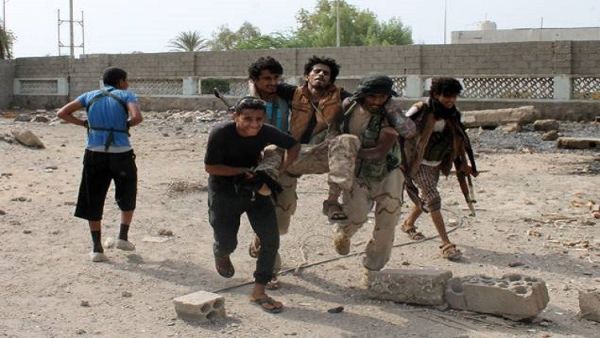Earlier this week the UN backed a resolution for the Yemeni government to domestically investigate human rights violations, a week after Saudi Arabia rejected the Netherlands' draft resolution to set up an independent UN inquiry.
As a national inquiry, the results lie in the hands of the Yemeni government, a key player in the war for which Saudi Arabia is conducting airstrikes. Instead of international involvement, this new resolution only asks the UN for "technical assistance."
Of course, the two investigations are far from equivalent; Human Rights Watch has been quick to point out violations were perpetrated by Houthi rebels and Saudi Arabia -- and both should be accounted for.
“By failing to set up a serious UN inquiry on war-torn Yemen, the Human Rights Council squandered an important chance to deter further abuses,” HRW Deputy Director Philippe Dam said in a statement.
Yemen's conflict escalated since the involvement of the Saudi-led coalition in late March, when Houthis took over President Abd-Rabbu Mansour Hadi's southern stronghold of Aden. Some experts say it's not going to end anytime soon.
The real question is whether Saudi Arabia will continue to block countries' efforts to investigate human rights violations, as the international community gets more and more skeptical of the kingdom's involvement on the UN council.
"I think that members of the security community and at least the journalism community are beginning to ask some serious questions, like why is Saudi Arabia on the Human Rights Council, for one. Why did it stonewall an inquiry into what was happening, the level of carnage in Yemen?" Omar Aziz, JD candidate at Yale University, told The Real News.
By Hayat Norimine







